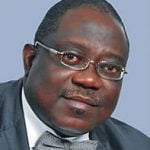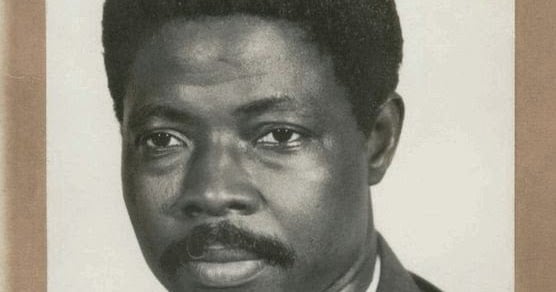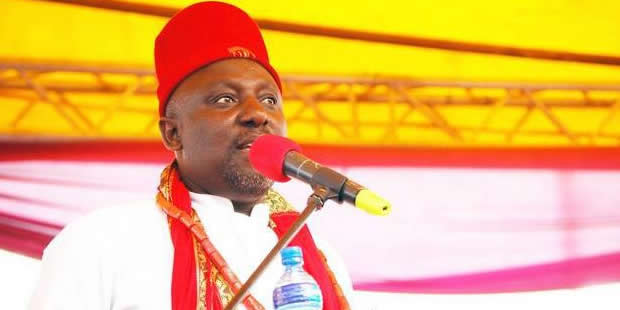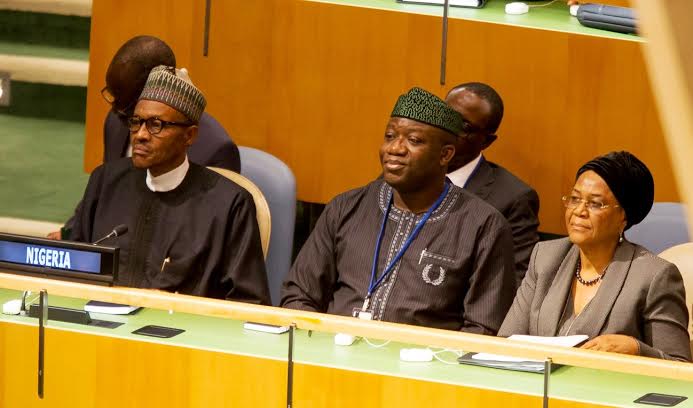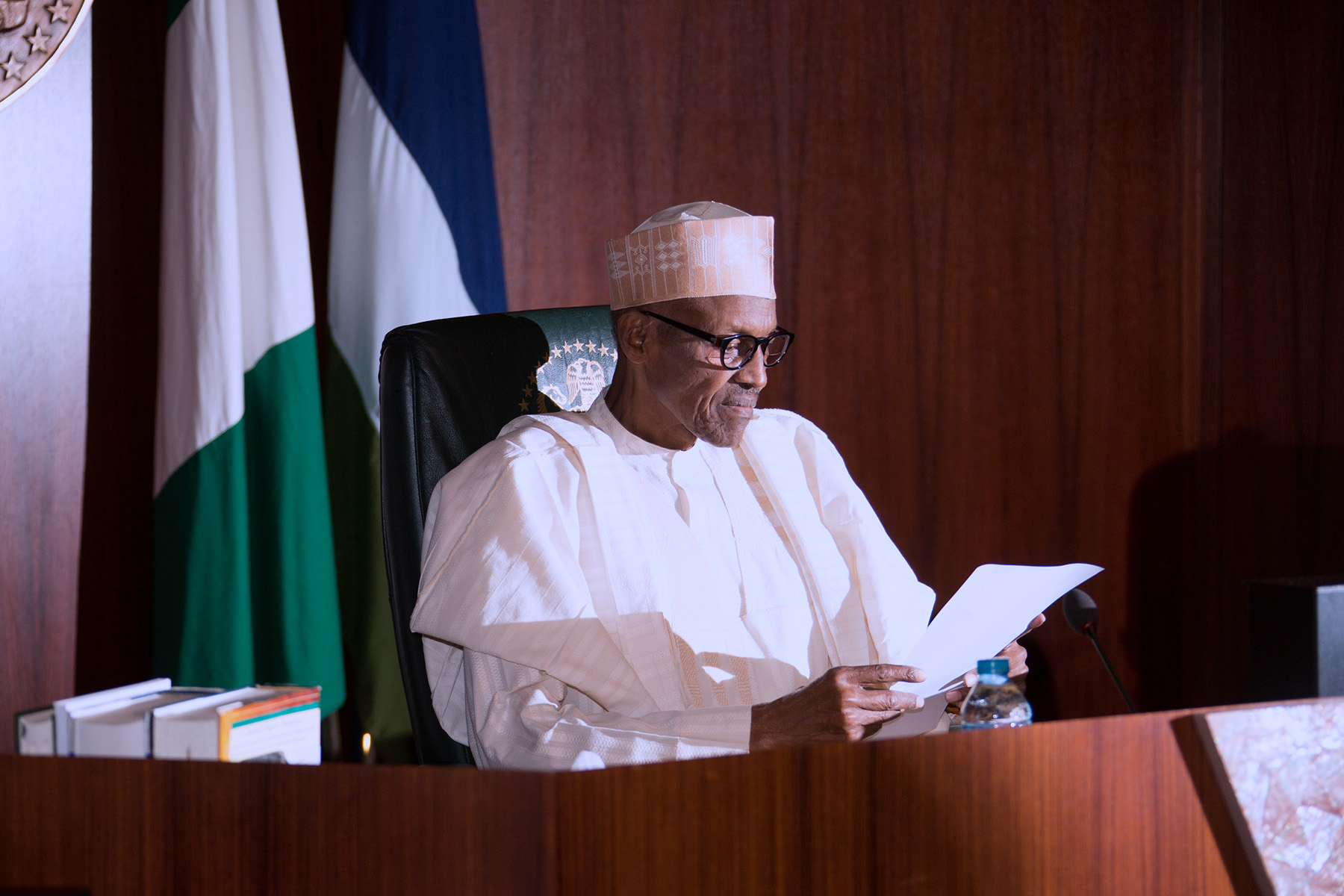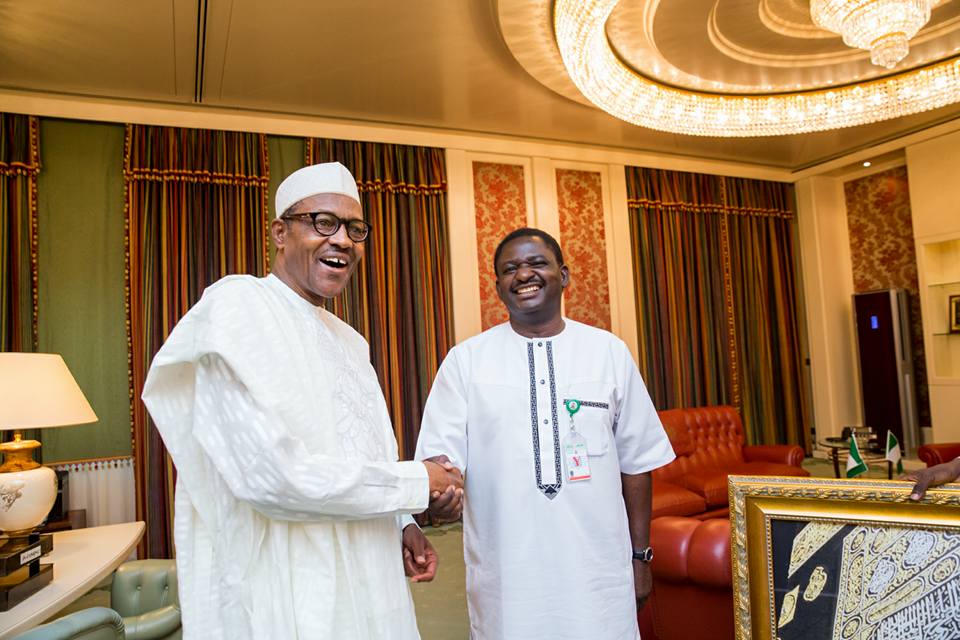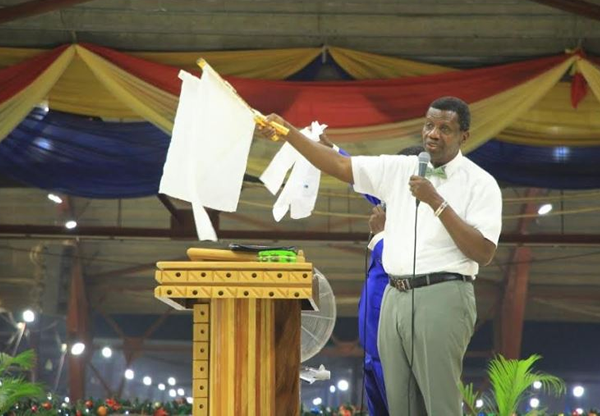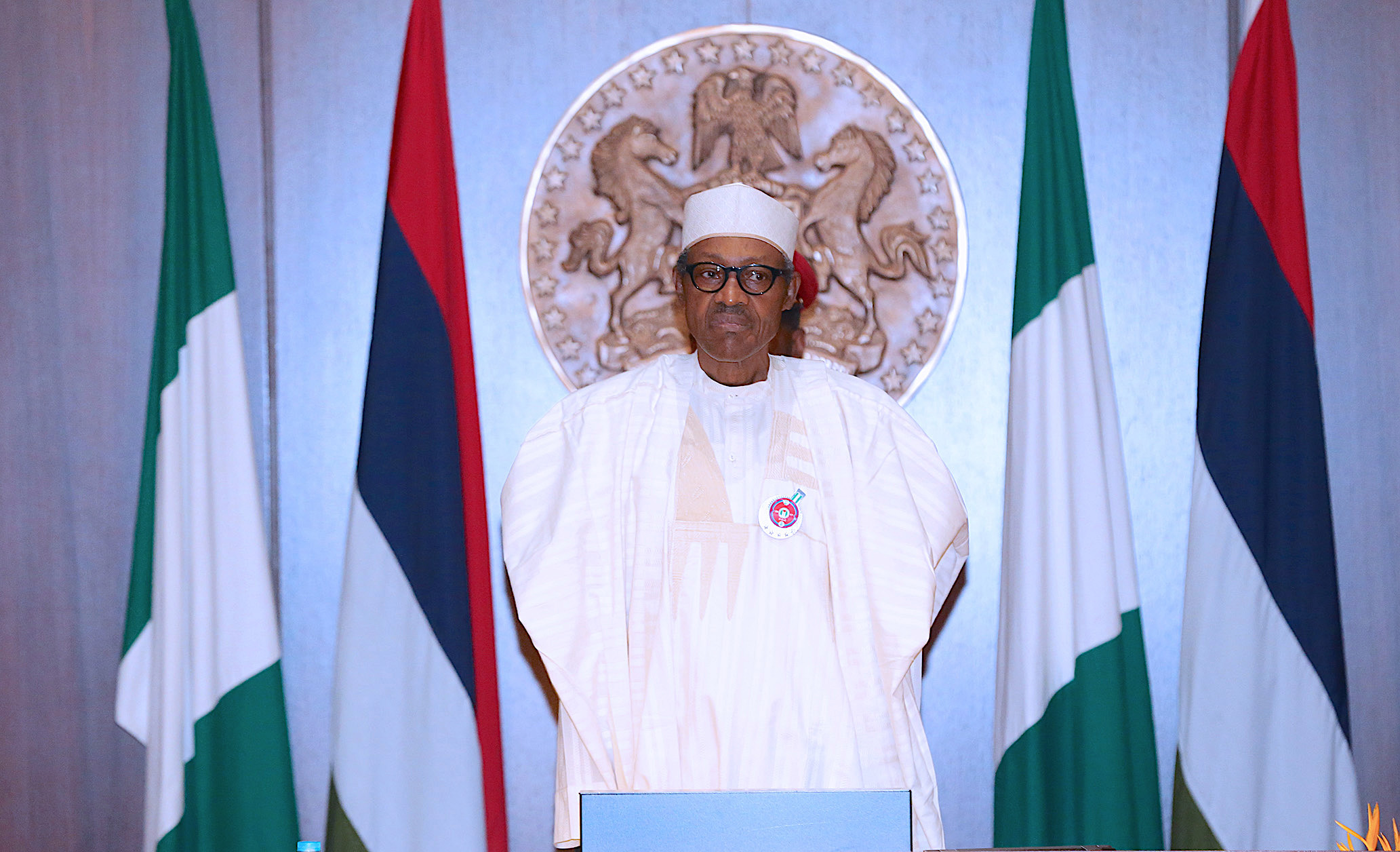This critical tribute to Africa’s first neurosurgeon is a particularly tantalizing one for me to write. And the reason is specifically provincial. The late Professor Emmanuel Olatunde Odeku—neurosurgeon, poet, writer and patriot—hailed from Aáwé! And for those who are familiar with my intellectual history of the Nigerian elite, one thing is instantly obvious. I am an unabashed Aáwé indigene with lots of cultural joie de vivre! I have sufficient respect for the Yorùbá culture to recognize its inherent utility for achieving the rethinking and reinvention of the Nigerian state. Prof Odeku thought so too. Given all the racial challenges that a black man could encounter in the America of the 50s, it is not difficult to find Odeku’s poetic muse finding solace in the nostalgic thought of home:
Beyond the sea and far away
Is a little shelter
I call my home…
Where the natives track the sun
To their daily bread,
My life began, out of the tropic soil …
My life, my cradle, my home
This was not just a poem penned in the grip of nostalgia. It had the seed of future prospect embedded. Aawe served as a stepping stone for a more promising patriotic engagement with Nigeria. Thus, it becomes clearer that the point of my excitement goes beyond just a provincial celebration of achievements. Prof. Odeku is worth celebrating all by himself and the enormous laurel which his chosen professional path in life gave him. But so also are many others who have, like him, brought themselves up in life by the strings of their shoelace. That in itself may not be all that commendable in a context where all competencies and skills must have a social or national implications. In this regard, Emmanuel Latunde Odeku stands in a unique field of eminent personalities—Soyinka, Achebe, Dudley, Solarin, Bolanle Awe, Fafunwa, Chike Obi, and so on. But more than this, the best place to locate his unique influence is within the pioneering postcolonial healthscape defined by other giants like Adeoye Lambo, Umaru Shehu, Oritsejolomi Thomas, Olikoye Ransome-Kuti, Ladipo Akinkugbe, Oluwakayode Osuntokun, Adelola Adeloye, Jibril Aminu, Dora Akunyili, Stella Adadevoh, and many others, including another Aawe son, Adesola Ogunniyi, a professor of neurology.
But Latunde Odeku is not just a giant, but a primus inter pares! And there is a simple reason for this. Professor Odeku was an astute pioneer who struck out in a professional direction that was fraught with danger. Alfred Sloan could well have been thinking of Odeku when he wrote: “There has to be this pioneer, the individual who has the courage, the ambition to overcome the obstacles that always develop when one tries to do something worthwhile, especially when it is new and different.” Pioneering is a tough call. It emerged from a frontier mentality; the courage to launch oneself into a rugged terrain; the courage to be different, even when being different comes with a lonely destiny. Pioneering requires making a call that is not popular, and may compromise one’s future. Being a neurosurgeon was a pioneering act for Latunde Odeku at a time when the popular professional choices were limited to being an engineer, an accountant, a lawyer, a plain medical doctor or even a minister of God.
Advertisement
And Odeku had to make that call in two different ways. First, he had to become a neurosurgeon, a path, which at the time, angels fear to tread. Even general medicine in itself is a huge professional sacrifice. Secondly, imagine becoming the first neurosurgeon in the whole of Africa! Imagine the pressure of blazing a path as a black neurosurgeon with the destiny of outlining a template for neurosurgery in Africa. It is only a pioneer that would not have been fazed by the entire ensemble of institutional racism and ideological reaction to a black attempting to break barrier in one of the most elitist of elite profession. As at the time Odeku was struggling to write his name in world history, there were only a few neurosurgeons in the world, and practically none from Africa. What quirk of bold daring must have planted such a possibility into the mind of young Odeku? What conception of the future led him to the desire to make a lifelong career of peering into the deep secrets of the brain?
The more challenging question for me is why anyone would want to pioneer such a difficult career path in postcolonial Africa and Nigeria. Postcoloniality inflects everything, including career and professional choices. The young Emmanuel Odeku grew up in Nigeria and was well of age sufficiently to understand the strange anomalies that Nigeria became after independence. So, why not just become something manageable and make the most of it like most other young men of his period were doing? But by asking this question, it dawned on me that the joke is on the person who has asked it, and not on the pioneering mind who chose a difficult path because of a motivating factor that is hidden to the normal person. Professor Akinlawon Mabogunje would be someone who would immediately understand the workings of the mind of Latunde Odeku. And this is because he is a fellow pioneer who, again for a strange reason, chose the somewhat arid field of Geography as a professional calling. Yet, from a conscientious dedication to urban geography, we saw the inevitable rise of someone whose expertise would become significant to the rethinking of a precolonial nation struggling with how to make its own citizens happy.
While pioneers have often chosen to ransack the secrets of the universe—the stars, the human DNA, the chemistry of life, and so on, Prof. Odeku made the decision to scrutinize the secrets of the human brain and how its prognosis and diagnosis could become a tool for postcolonial reinvention. Of all the other parts of the body, the brain is about the most difficult and the most secretive. Its deep recesses still baffle psychologists, neurosurgeons, social reformers, scientists, and even theologians! Philosophers over the centuries have asked about the relationship between the mind and the brain? How does the human brain determine or instigate behavior?
Advertisement
Yet, Odeku made a decision to study the neural pathways and networks of a brain already immersed in postcolonial trauma. Neurological disorders are especially well suited to a postcolonial context where the promise of social reconstruction have dramatically failed to materialize. The trauma became significantly compounded sequentially when the first and second republic also collapsed under the weight of political insensitivity and carelessness, and then the military took over for most of Nigeria’s post-independence contexts. Thus, the neural disorders occasioned by national disappointment further compounded the social disorders occasioned by mental dissonance. This postcolonial condition makes for a perfect excuse to resign oneself to a life of one’s own. After all, one man cannot ever hope to achieve the kind of reform required to transform an entire nation. And quite fortunately, neurosurgery is quite a rare, and hence lucrative, profession that assures one a life time of wealth and fame. In this sense, the same postcolonial condition that instigates lamentation and resignation equally promises affluence since a neurosurgeon would then have the opportunity to cater for the rich in the society, and earn the wages and benefits of class inequality.
Latunde Odeku did not pursue the frontiers of neurosurgery in order to build a personal empire on the misfortune of the poor. He was a Nigerian. His choice of neurosurgery in the first place was motivated by context and concern. There must be a way by which neurological disorder affects social disorder. There must be a way by which neurological diagnosis and evaluation can enable us to chart national development. In fact, part of what is wrong with Nigeria’s national development is the fact that her healthscape has lost touch with the neurological health of her citizens. How? You just need to glance at the statistics of those mentally challenged that the Nigerian state has left to assault the sensibility of other Nigerians daily in the society. We see them on the roads and highways; they knock on our doors to beg for money; they challenge Nigeria’s capacity to care for them every day. This madness also afflicts those we would normally consider to be sane—politicians, public servants, clergies, and everyone who has allowed corruption to become the new normal. Thus, the understanding of social (dis)order in Nigeria, from a medical perspective, is not just social or political.
Thus, Professor Odeku deliberately shunned the elitism conferred by his highbrow profession, rejected a comfortable and assured future in the West, and cultivated a healthy patriotism that pushed him to return home. We can only imagine the number of appointments that must have come his way, and the pains of rejecting them all as well as the confusion of those who must have thought him insane! Odeku however knew what he was doing. Beyond the triumph of being regarded as the first neurosurgeon in Africa, he knew the herculean institutional and medical challenge he was returning to Nigeria to confront. And he came all the same, and undaunted. Like all the others who gave themselves unstintingly to the rehabilitation of Nigeria’s healthscape, there was more to patriotism than sloganeering, or an uncritical love of the nation. On the contrary, to be a true Nigerian in Odeku’s assessment is to be able to demonstrate not only her cruel inattention to crumbling healthcare facilities, but also to give oneself totally to reinventing the healthcare institutions, not minding the political context one would be working in.
When Prof. Odeku returned and became the head of the department of surgery and then the dean of the College of Medicine, he must have achieved the same brutal institutional awareness that I got when I was initiated into the Nigerian civil service system in the 90s—the crushing weight of hopelessness and near resignation at the institutional anomalies and dysfunction. I do not have an idea how Odeku responded, but I was almost driven out of the system. Almost! This is because the reformer’s instinct is not to run in the face of dysfunction. The instinct is to stay and fight. Prof. Odeku also stayed on and gave himself to the task of institutional renewal through professional gatekeeping that was demonstrated through rigorous training of neurosurgical staff as well as active documentation and publication of surgery procedures. This was what he died doing.
Advertisement
And yet, this warrior has remained lamentably unsung. In the wake of his death, the Nigerian state has relapsed into its own neurological disorder, leaving the practice of neurology and neurosurgery as endangered disciplines that have their own unique diagnosis of the Nigerian malaise. It is time to rethink the Odeku legacy of neurological service to Nigeria’s postcolonial healthscape. We cannot consistently neglect our heroes and ever hope to make any significant progress as a nation.
Views expressed by contributors are strictly personal and not of TheCable.
